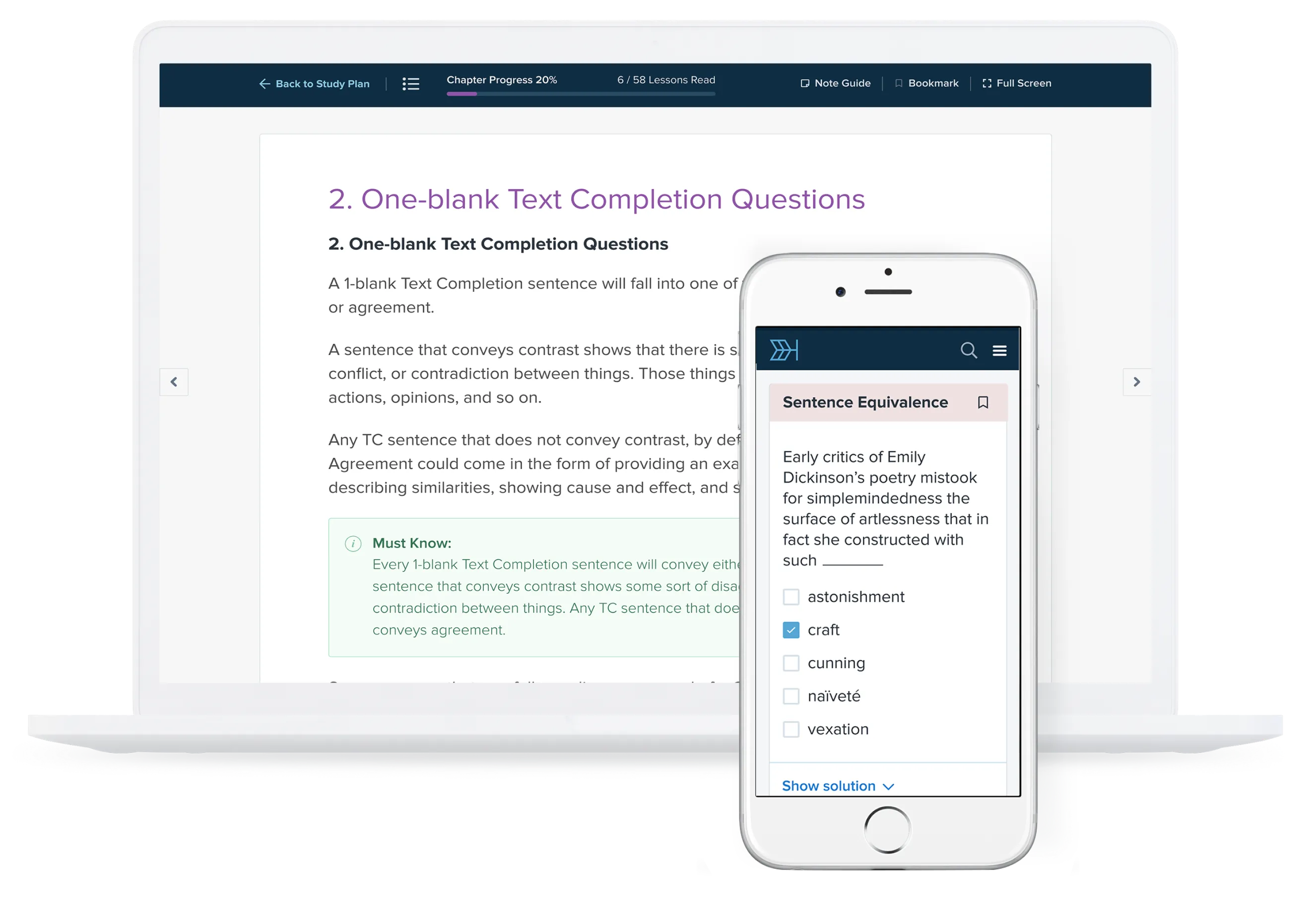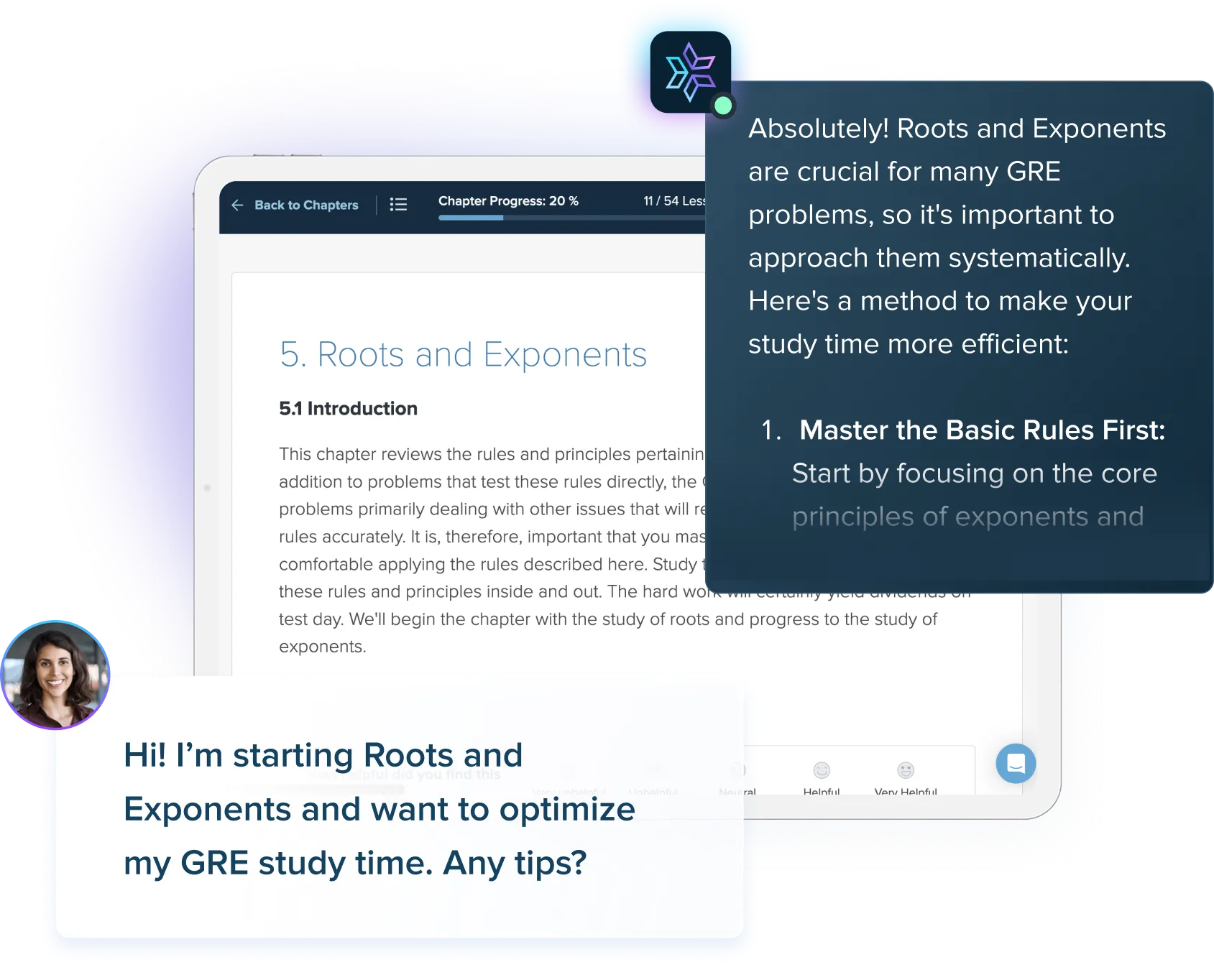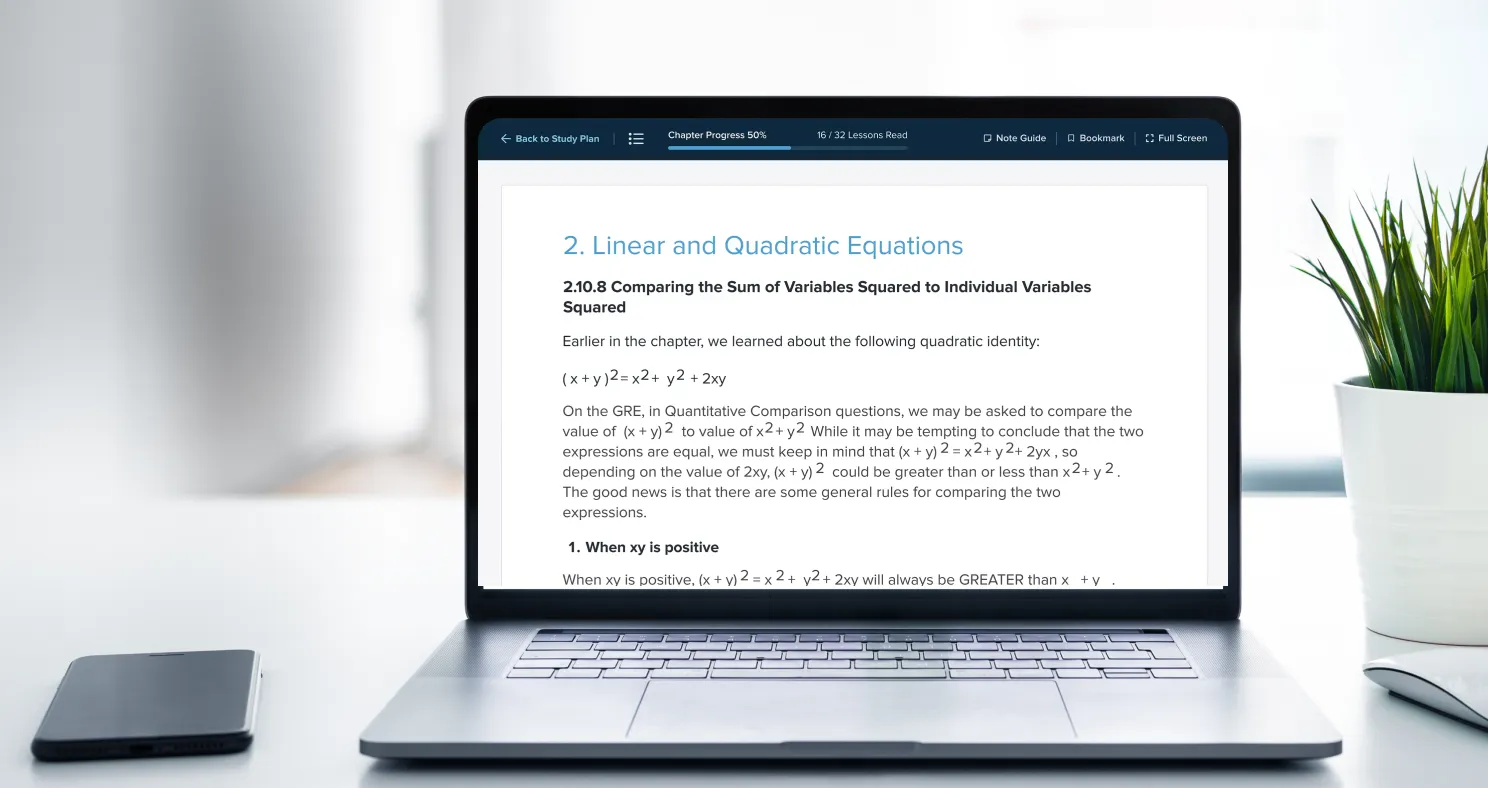Question
Many doctors simply prescribe blood pressure medication to any patient whose blood pressure exceeds a certain level and do little to help such patients learn to use non-medicinal methods to reduce their blood pressure. However, many people with dangerously high blood pressure have succeeded in reducing their blood pressure to safe levels by using non-medicinal methods such as reducing sodium consumption.
If the statements above are true, which of the following conclusions can be properly drawn?
Non-medicinal methods for reducing blood pressure are as effective as blood pressure medications prescribed by doctors.
It is more likely that people’s blood pressure will be reduced via non-medicinal methods in cases in which the people’s blood pressure is dangerously high.
There are non-medicinal methods that are effective in reducing the blood pressure of at least some people.
All people who have been prescribed blood pressure medication should reduce sodium intake to lower blood pressure to safe levels.
Many doctors would not prefer that patients working with them seek to reduce blood pressure via using non-medicinal methods rather than continue to use blood pressure medication.
 Scott Woodbury-Stewart
Founder and Expert GRE Instructor
Scott Woodbury-Stewart
Founder and Expert GRE Instructor

Text Solution:
We might expect the correct answer to this question to be the result of synthesizing into a single main conclusion all the information about methods for reducing blood pressure presented by the statements in the passage. However, it is also possible that the correct answer is a conclusion that we wouldn’t consider a main conclusion yet is still supported by what the passage says. For instance, the correct answer could be a conclusion that follows from what one sentence in the passage says.
(A) Incorrect. While, in saying that many people have succeeded in using non-medicinal methods to reduce blood pressure, the passage indicates that non-medicinal methods can be effective, the passage does not provide information comparing the effectiveness of non-medicinal methods with that of medication. Therefore, while what this choice says may be true, it goes beyond what is supported by the passage.
(B) Incorrect. This choice takes what the passage says about people with dangerously high blood pressure and distorts it. The passage uses the examples of people with dangerously high blood pressure reducing their blood pressure through the use of non-medicinal methods to make a point about the effectiveness of non-medicinal methods. However, the passage does not indicate that the reason for choosing to discuss people with dangerously high blood pressure rather than people with somewhat overly high blood pressure is that it is most likely that people’s blood pressure will be reduced via non-medicinal methods in cases in which the people’s blood pressure is dangerously high. For all we know from what the passage says, people who have dangerously high blood pressure are those least likely to succeed in reducing their blood pressure.
(C) Correct. The second sentence of the passage fully supports what this answer choice says, and the other sentence does not contribute any support to what this answer choice says. If, as the second sentence says, many people have succeeded in reducing their blood pressure levels by using non-medicinal methods, then it must be true that there are non-medicinal methods that are effective in reducing the blood pressure levels of at least some people.
(D) Incorrect. This choice could be tempting because it includes elements from all three sentences of the passage, and, therefore, it could seem to be a conclusion fully supported by what the three sentences convey. However, although the passage mentions that taking the action mentioned in this choice can result in a reduction in blood pressure, the passage does not fully support the idea that all people who have been prescribed blood pressure medication should take this action. For one thing, for all we know, some people who have been prescribed blood pressure medication would be hurt by reducing sodium intake, and the passage does not give us reason to believe otherwise.
(E) Incorrect. While the passage mentions what many doctors do, it does not say anything that clearly indicates what doctors prefer that patients do.


